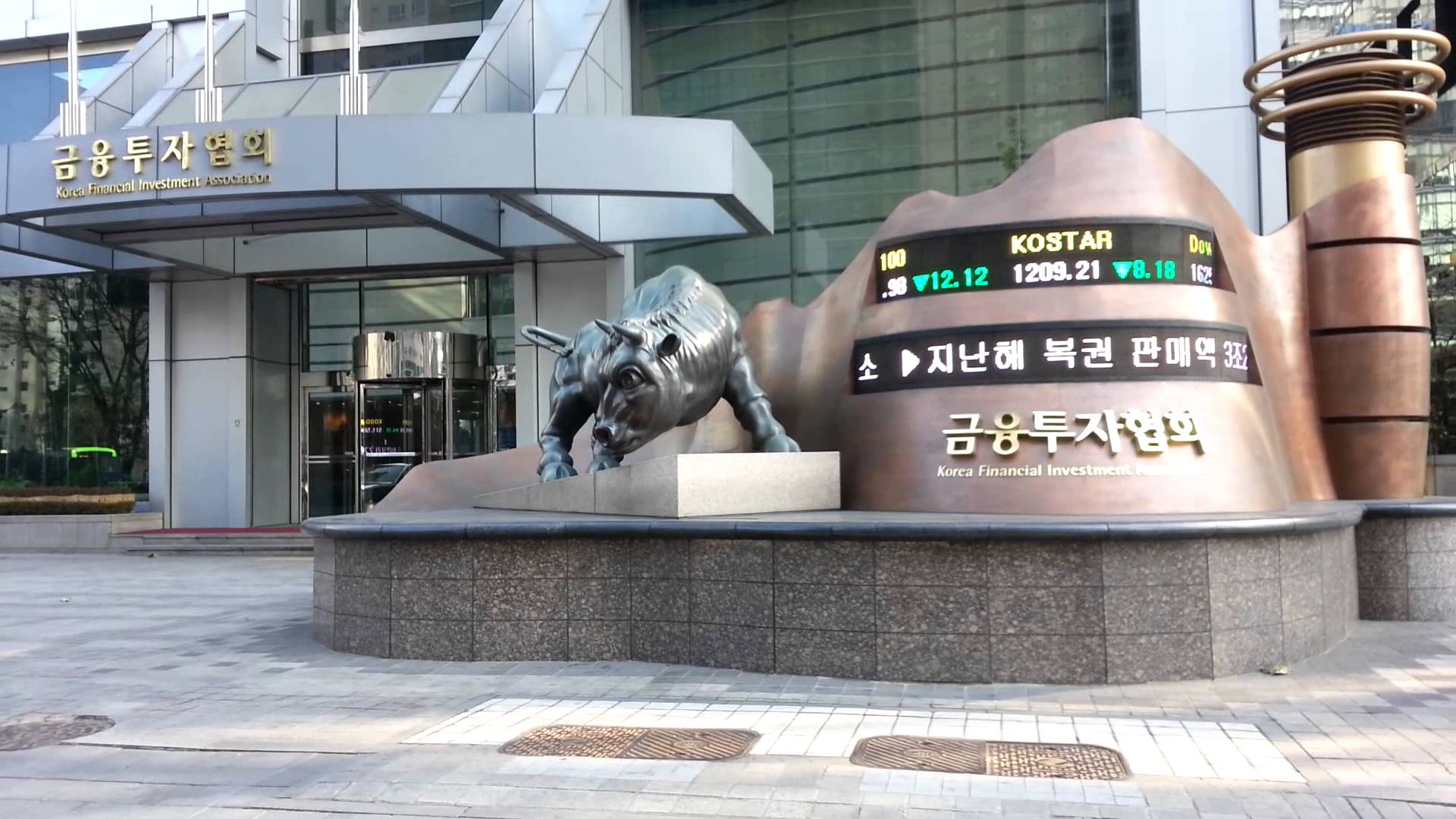The following are the excerpts of remarks made by Chairman Hwang Young-key on the future of the financial investment:
At last, the time is here for the world to see the many things that AI can do. At the end of last year, the Deep Stack, an AI program, played 45,000 rounds of poker games with professional gamblers and beat them convincingly, with AI playing many tricks, including exaggerating and posturing, during the poker games.
Human beings may not have to pilot airplanes or drive cars 20 years from now. The Watson, an AI robot run by IBM, armed with the latest medical know-how, can do everything doctors do in their medical practices. Robo-Advisor, Legal Advisor Robot and AI Analysts, can take jobs from human beings, which will be a concern in the financial investment sector, too.
The 4th Industrial Revolution is about to arrive, generating fears, but it can also be the chapter of a new chance for financial investments, which is venture capital in nature. Venture capital companies would be investment targets for financial investments, as they help to expand the investment horizon. Expectations surpass fears as new opportunities are seen on the asset management business, whose market value amounted to 1,700 trillion won as of the end of 2016, despite the subdued growth.
AI, Big Data, and Blockchain would help to expand the financial market with reform through the rapid grasp of market conditions, investors moves and cutting costs for asset management.
Competition with IT firms, which are strong in the development of products and services centered on the customers, could be a factor in strengthening the structures of financial firms. The traditional financial firms should change their operational structures to be able to adopt some of the technologies that the 4th Industrial Revolution would bring in order to keep their customers, while the positive financial regulation system should be changed to a negative system that is focused on principles.
The expansion of the market also provides new opportunities, and the rapid development of AI should not be feared, as the ones who laugh last will be human investors. The future of financial investments will be in the 4th Industrial Revolution.
KOFIA is responsible for fostering and training market professionals through its educational arm, the Korea Institute of Financial Investment (KIFIN), previously known as KSTI. KIFIN offers a wide range of training courses on financial markets, with state-of-the-art education programs designed to meet the needs of the industry. KIFIN has developed various mid- to long-term education programs to bring out the full potential of industry professionals.
The diverse range of education programs provided by KIFIN are based on the needs of the industry. These courses are classified into nine categories: General; Professional; Qualification; Professionals of the Next Generation; Green Finance; Foreign Professionals; the Global Capital Market Academy; Hot-Issue; and Retirement Pension. KIFIN has also improved its courses for executives and market professionals from KOFIA member firms. Since its previous incarnation, the KSTI began offering its online education programs in July 2000, enrollments have sky-rocketed-reaching 240,000 in its first eight years. The number of students at KIFIN is rapidly increasing every year.
KIFIN established a new education center in Busan, called the Southeastern Region Training Center, to meet the needs of regional professionals in the financial investment industry.

A view of the entrance of the Kofia headquarters building in Yeoudo, Seoul. (Photos: Kofia)
